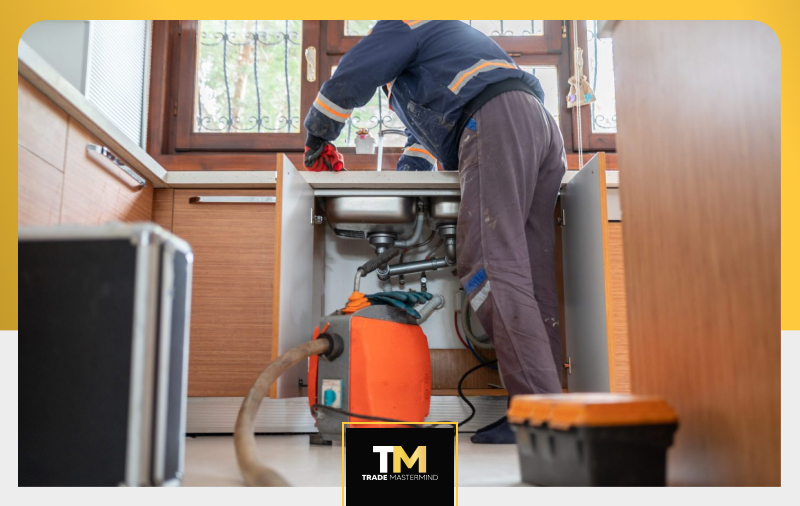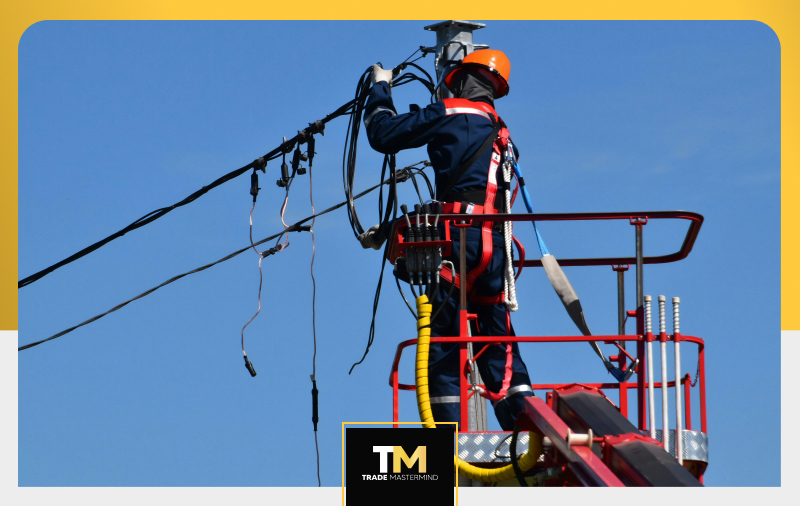The UK’s construction and maintenance sectors are evolving rapidly, pushing demand for highly qualified electricians who can deliver safe, compliant, and future-ready services. Whether you dream of running your own business, securing top jobs, or simply upgrading your skills, electrical certification UK is the essential stepping-stone. In this in-depth guide, discover the step-by-step journey to certification, real stories from the trade, expert insights, and answers to the most pressing questions facing aspiring electricians—all brought to you by Trade Mastermind.
Why Electrical Certification UK is Essential
Certification isn’t just a piece of paper—it’s proof that you meet national safety, competence, and legal requirements. The UK government and industry bodies like NICEIC and the Joint Industry Board (JIB) require all practising electricians to hold nationally recognised qualifications before working unsupervised or signing off on electrical installations. This is crucial for your reputation, client trust, insurance, and earning potential.
Industry Fact:
80% of clients now request to see proof of electrical certification UK before awarding contracts—showing that qualification isn’t just helpful, but vital.
Learn how to start your electrician business with expert guidance.
Trade Mastermind

7-figure business builder event
 Bakewell Rd, Orton Southgate
Bakewell Rd, Orton Southgate
 9:00 am - 6:00 pm
9:00 am - 6:00 pm
Step-by-Step Guide: How You Can Get Electrical Certification UK
Step 1: Choose Your Entry Route
Whether you’re starting from scratch or already in the trade, there are two main routes:
- Apprenticeship Pathway: This combines hands-on work, college study, and site experience. It usually takes 2-4 years and is suitable for school leavers or career-changers who want a structured approach.
- Experienced Worker Route: If you’ve already built up practical skills, the NVQ Level 3 Electrical Installation route lets you present a portfolio and pass assessment—helping mature learners get certified faster.
Step 2: Study the Right Qualifications
The key accreditation for aspiring electricians is the City & Guilds 2365 (for new starters) or 2357/NVQ Level 3 (for experienced trades). These include:
- Safety, wiring, regulations, and installation modules
- In-class and on-site learning
- Practical assignments and final assessments
Real Experience:
Many students credit Trade Mastermind’s step-by-step study guides, live workshops, and peer support for helping them pass notoriously tough assessment modules.
Step 3: Pass the AM2 Assessment
The Achievement Measurement 2 (AM2) is a challenging practical test, simulating real installation scenarios. You’ll need to:
- Plan safe, compliant installations
- Correctly test and certify electrical work
- Troubleshoot faults under timed conditions
Expert Tip:
Candidates who practice in real-world mock setups—using the latest tools and regulations—have a much higher pass rate than those who rely solely on classroom study.
Step 4: Register with a Competent Person Scheme
Once qualified, you’ll need to join an approved scheme (such as NICEIC, ELECSA, or NAPIT). This enables you to self-certify work, meet legal requirements, and market your services as a fully licensed electrician.
Many Trade Mastermind alumni highlight how joining a Competent Person Scheme immediately boosts client trust and job opportunities.
Step 5: Maintain and Upgrade Your Skills
Regulations and technology change fast. Invest in CPD (Continuing Professional Development), such as courses on the 18th Edition Wiring Regulations or renewable energy systems. Staying current keeps your certification valid and your business competitive.
Electrical Certification UK: Real Stats & Success Stories
- Employment Rate: 90% of electricians with full certification secure paid work within three months of qualification.
- Salary Impact: Fully certified electricians in the UK routinely earn 20-30% more than those without certification.
- Business Growth: Certified professionals report stronger repeat business and referrals—especially for complex domestic, commercial, or industrial jobs.
Personal Tip:
One Trade Mastermind trainee shares: “After getting my NVQ Level 3, I landed a contract with a major housing developer, just because my paperwork was up to date. I wish I’d started the process sooner.”
Unique Challenges and Solutions
- Balancing Study with Work: Many learners worry about fitting in training alongside a busy job and family life. Trade Mastermind’s blended online and live workshops offer flexible solutions so you don’t have to choose between income and upskilling.
- Navigating Regulations: UK electrical standards change regularly. Expert-led content and active peer discussion groups keep you updated and ready for on-the-job realities, not just exam success.
- Finding Apprenticeship Employers: Nearly 70% of successful applicants secured placements through networking or industry events—so invest time in connecting, not just applying online.
Why Choose Trade Mastermind for Your Electrical Certification UK?
You’ll benefit from courses built and delivered by seasoned professionals with hundreds of learners supported through every step:
- Peer support communities
- Real-world job simulations
- Step-by-step assignment guides
- Live Q&As, workshops, and mentoring
Graduates consistently report greater confidence, faster job placement, and peace of mind from knowing they’ve trained with UK industry leaders who value skill development and people-first learning.
Final Thoughts
Achieving electrical certification UK is the gateway to a safe, thriving, and respected career as an electrician. With the right support, people-first training, and expert resources from Trade Mastermind, you’ll maximise your chances of success—from first assignment to ongoing business growth. Invest now to build a future that’s certified, compliant, and full of opportunity in the dynamic world of UK electrical work.








